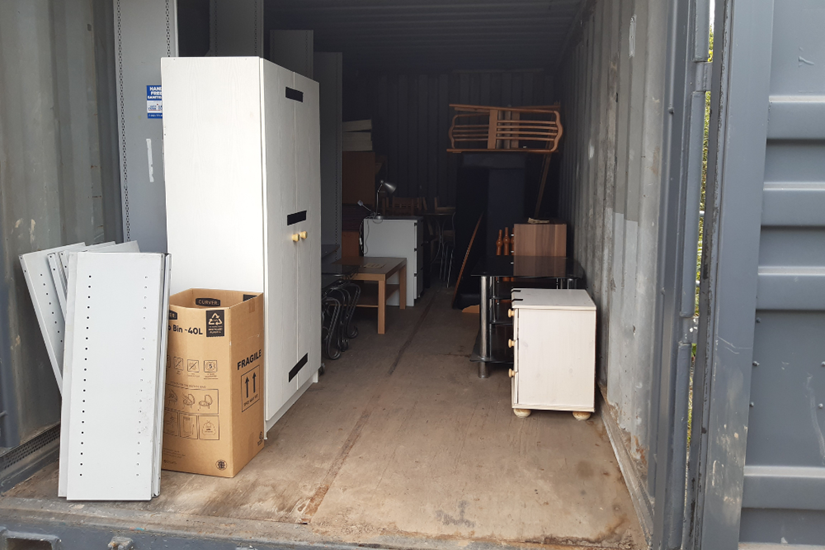A pioneering initiative in Birmingham is making significant strides in combating homelessness by recycling unwanted furniture to assist some of the city’s most vulnerable residents. Over the past six months, the pilot scheme has successfully provided essential furnishings to numerous households facing housing insecurity.
The innovative program operates by identifying surplus furniture that departing council tenants are willing to donate. Once collected, the items are stored and then redistributed through a network of partners to individuals and families in need. This approach marks a substantial shift from previous practices, where leftover furniture had to be discarded due to the lack of storage and redistribution capabilities.
The scheme specifically targets rough sleepers, those residing in temporary accommodations, and new council tenants who have not previously had stable housing. In one notable case, the program furnished a 76-year-old war veteran suffering from multiple chronic health conditions with an electric bed, enhancing his ability to manage daily activities. Additionally, Age UK received a flat-screen TV from the scheme, which will be utilized in their dementia services.
Councillor Jayne Francis, Cabinet Member for Housing and Homelessness, emphasized the profound impact of the initiative:
“Storing and recycling furniture is a small way to make a big difference for some of Birmingham’s most vulnerable people. Beds, chairs, and tables are all types of furniture that we might take for granted, but they are needed to make a new home. Getting set up in a new home can be difficult and expensive if you were homeless previously. Without any furniture, tenants are unlikely to want to invite people into their homes, which can damage relationships and exacerbate mental health issues. The recycling scheme not only helps the tenants themselves, but it also reduces costs associated with dealing with void council homes.”
The success of the pilot program has demonstrated that there is a readily available supply of surplus furniture that can be effectively recycled to those who need it most. In response to the positive outcomes, Birmingham City Council plans to expand its storage capacity to accommodate more donations.
Councillor Francis also extended her gratitude to the various partners who have supported the project, including Trident Reach Cranstoun, OVO Energy, FRC, and Gillespies. Their generous contributions of funding, furniture, and storage solutions have been instrumental in the scheme’s ability to distribute essential items to those in dire need.
“Through their support and the dedication of council staff, we can distribute furniture to those who need it most,” she added. “We would also like to thank a number of our partners, who have generously provided funding to support the project, including Trident Reach Cranstoun, OVO Energy, FRC who have provided furniture to temporary accommodation, and Gillespies who provided the storage container.”
As Birmingham continues to address the challenges of homelessness, initiatives like the furniture recycling scheme highlight the city’s commitment to creating supportive and sustainable solutions for its most disadvantaged residents.





